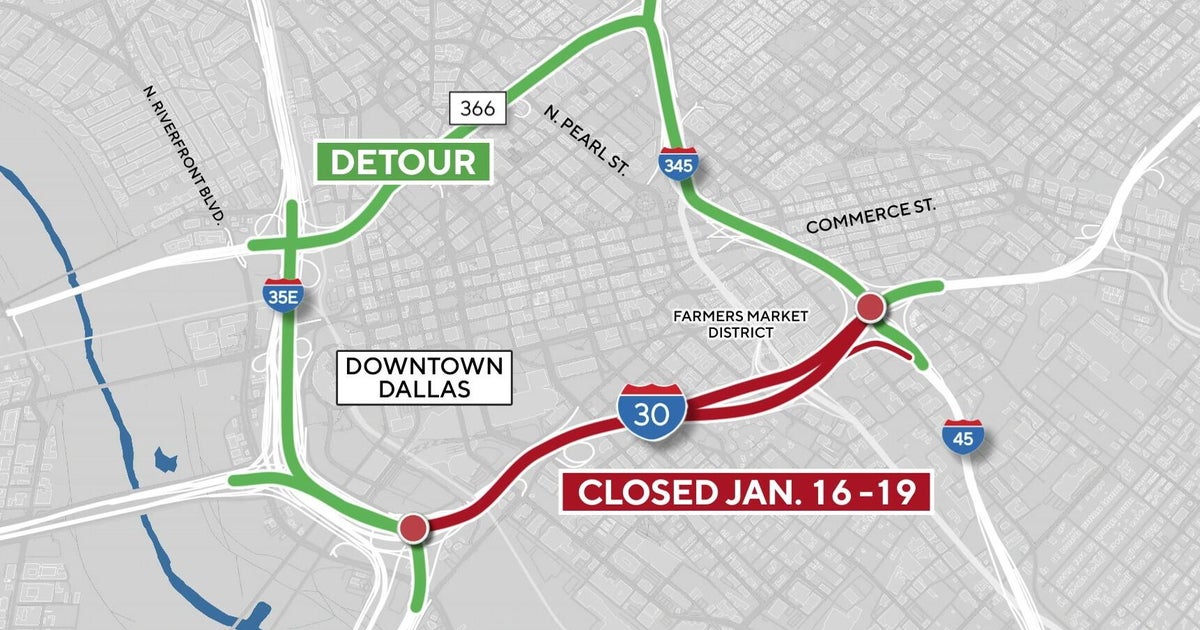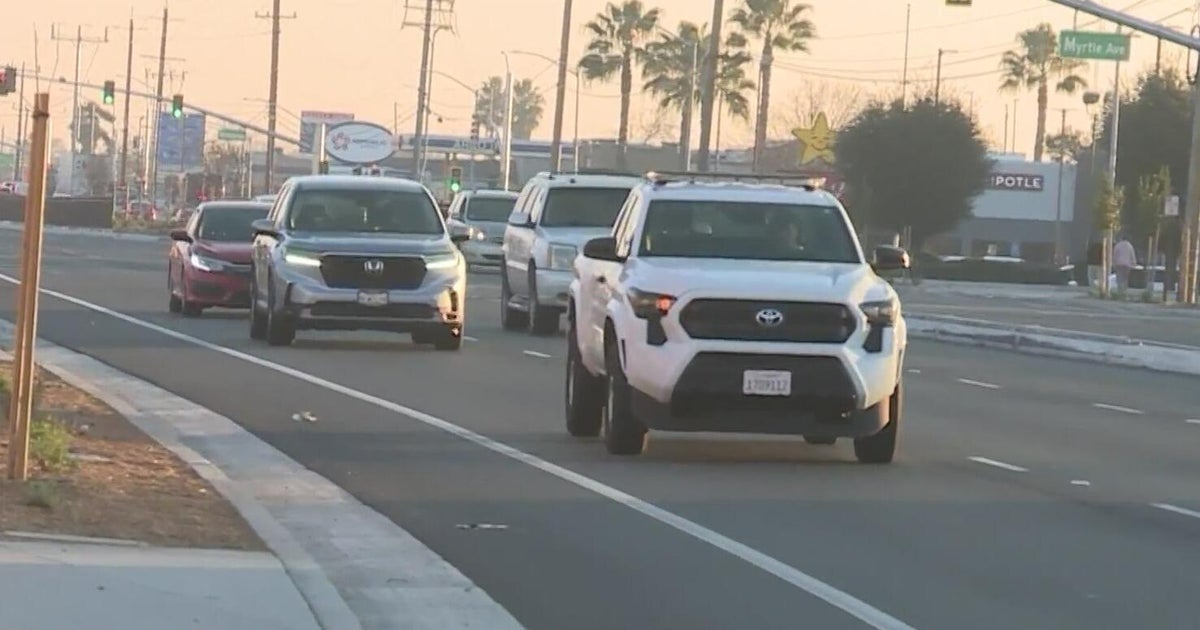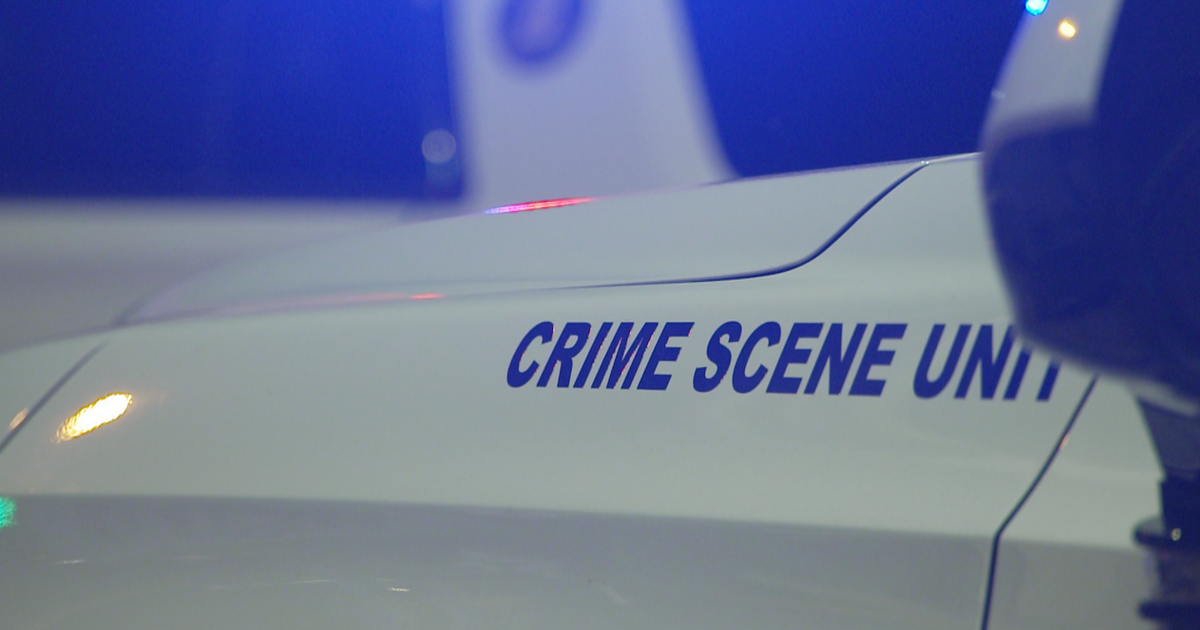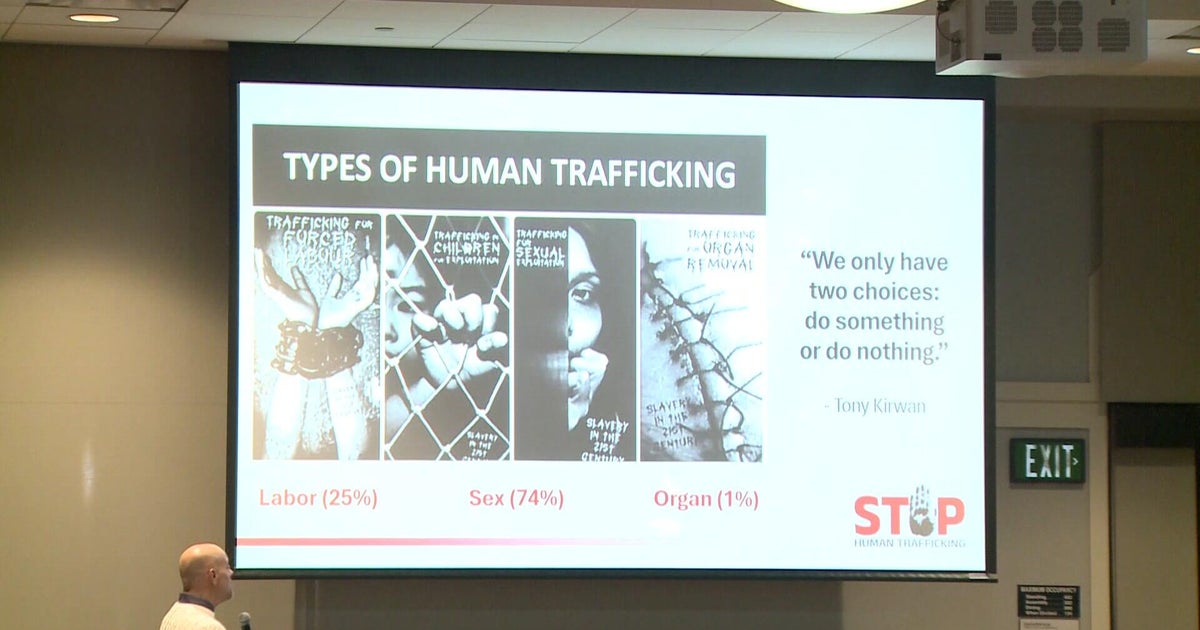Project To Relieve Yolo Causeway Traffic With Toll Lanes Gets $85.9 Million Federal Grant
DAVIS (CBS13) — The plan to unclog traffic on a major Sacramento-area freeway took a big step forward.
Rep. John Garamendi (D-Davis) announced on Wednesday that the region has been awarded an $85.9 million grant from the US Department of Transportation for the Yolo 80 Corridor Improvement Project.
"No longer is it a commute problem, this is a 24/7 365 days a year problem," explained Garamendi
Caltrans and civic leaders have been talking for years about how to relieve traffic on Interstate 80 over the Yolo Causeway. As commutes have become longer, with many Sacramento-area residents taking jobs in the Bay Area, drivers have noticed a surge in paralyzing traffic during peak times along the six-lane causeway between Davis and West Sacramento.
"This is a major environmental problem that we can reduce the greenhouse gases by allowing the traffic to move more slowly," said Garamendi.
On Wednesday, Rep. Garamendi revealed one of the big changes that would be part of the project: 17 miles of toll lanes from the Yolo/Solano County line to Sacramento.
"Traditional HOV for 3 or more people and then for those people who possibly, this has not been decided, people that want to be a single-car like the Bay Area, you may have the option to pay for that privilege," he explained.
The toll lanes would stretch from I-80 through Davis to West El Camino Avenue and Interstate 5 at Highway 50. They would be the first toll lanes to appear in the Sacramento area.
"This not only allows us to move the freight through this corridor which connects the port of Oakland, the port of San Francisco to the rest of the nation but also the recreational travel," said Amarjeet Benipal, Caltrans District 3 Director.
CBS13 asked Caltrans why they would ask drivers to pay? Benipal said it could help reduce congestion even more.
"The majority of the congestion we experience is not only in the morning and afternoon but post-pandemic traffic even happens during lunchtime. So, we wanted to make sure that the travelers have travel options," said Benipal.
Other parts of the project include re-stripping to add lanes on some parts of the stretch and installing meters on more onramps.
Officials estimate the total project could cost anywhere from 175 to 190 million dollars to complete.
While the grant will help jumpstart the project, Caltrans estimates that the project will not be approved until 2022, with construction starting possibly in 2025.







